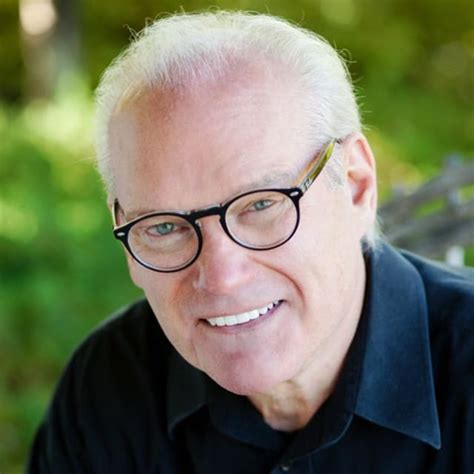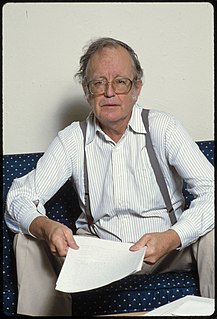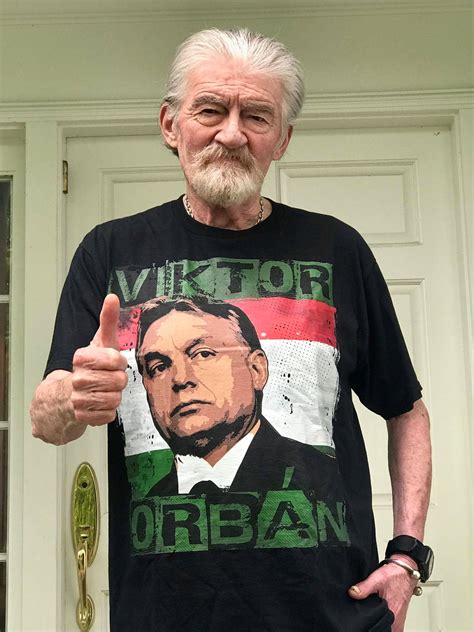A Quote by Jerry B. Jenkins
Related Quotes
Writers often have a 'drunk' that is different than anyone else's. That's why it's so insidious and so damning. First of all, because they can write when they're drinking - or they think they can. A lot of writers will tell me - and this is the latest one I've heard - you drink while you're thinking about what to write, but when you actually write, you sober up.
I have a general feeling that writers and artists who are in this peculiar situation, of being a persecuted artist, all anyone ever asks about is the persecution. It may well be that's the last thing in the world they want to talk about. There were many years in which every journalist in the world wanted to talk to me, but nobody wanted to talk to me about my work. That felt deeply frustrating because I felt there was an attempt to stifle me as an artist. The best revenge I could have was to write.
When you look at this, I think that there's been such a hard push on this. The reason they're called DREAMers is because that's the most sympathetic term that could be applied to among all of these DREAMers, there are some awfully bad people. And these dreamers go on to the age of 37 or 38 or maybe older.
I could never write about the sort of people John Cheever or John Updike or even Margaret Atwood write about. I don't mean I couldn't write as well as they do, which of course I couldn't; they're great writers, and I'm no writer at all. But I couldn't even write badly about normal, neurotic people. I don't know that world from the inside. That's just not my orientation.
The DREAMers are the safe ones, right? It's okay to advocate for the DREAMers because they're the English-speaking, college-educated ones, right? It's so interesting that I set out to document DREAMers, but what I ended up doing was actually documenting the experience of, the reality and truth of, the moms and the parents.






































